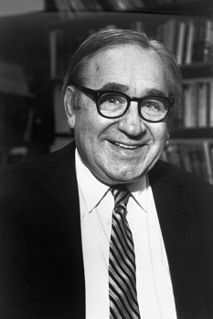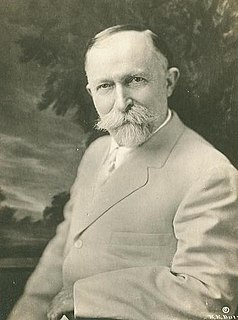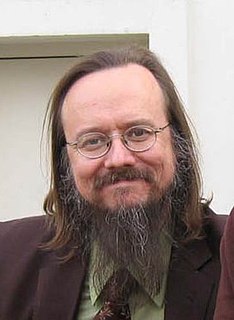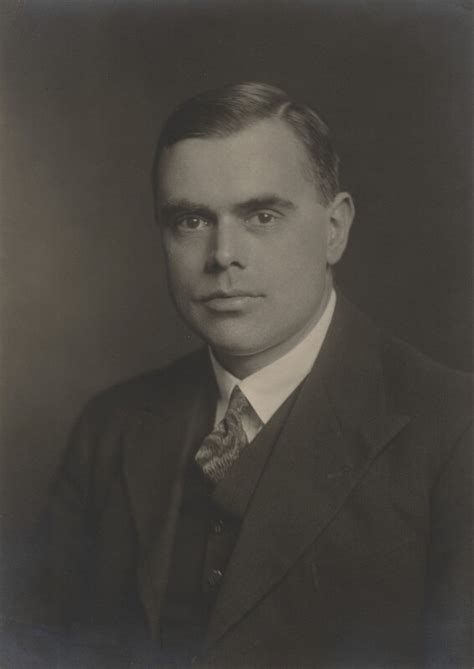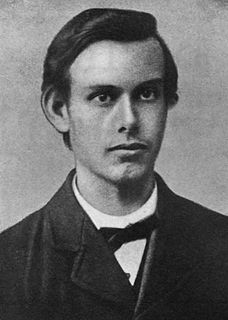A Quote by Robert Fogel
In most, if not quite all, parts of the world, the size, shape and longevity of the human body have changed more substantially, and much more rapidly, during the past three centuries than over many previous millennia.
Related Quotes
Changes in size are not a consequence of changes in shape, but the reverse: changes in size often require changes in shape. To put it another way, size is a supreme regulator of all matters biological. No living entity can evolve or develop without taking size into consideration. Much more than that, size is a prime mover in evolution.
I haven't had any injuries since I've had my kid, so I think it's changed my body externally and internally. I don't know what it is, but I hadn't felt so great, body-wise, until I had my kid. I look more in shape, and I feel more in shape. And speaking from a confidence side, it's changed me in such a positive way.
In Britain, journalists often view comparisons with our society going back two, three, or seven centuries as more relevant than comparisons going back two, three, or seven decades. Drunkenness centuries ago is more illuminating than comparative sobriety 30 years ago. The distant past, selectively mined for evidence that justifies our current conduct, becomes more important than living memory.
The "female culture" has shifted more rapidly than the "male culture"; the image of the go-get 'em woman has yet to be fully matched by the image of the let's take-care-of-the-kids- together man. More important, over the last thirty years, men's underlying feelings about taking responsibility at home have changed much less than women's feelings have changed about forging some kind of identity at work.
In earlier years, a lesser effort produced literally dozens of comparable opportunities. It is difficult to be objective about the causes for such diminution of one's own productivity. Three factors that seem apparent are: (1) a somewhat changed market environment; (2) our increased size; and (3) substantially more competition.
When thinking about the future, it is fashionable to be pessimistic. Yet the evidence unequivocally belies such pessimism. Over the past centuries, humanity's lot has improved dramatically - in the developed world, where it is rather obvious, but also in the developing world, where life expectancy has more than doubled in the past 100 years.
We are unconscious of most of our body's processes, thank goodness, because we'd screw it up if we weren't. The human body is so complex, with so many parts...a system which is far more complex than we can fully imagine. The idea that we are consciously care-taking such a large and mysterious system is ludicrous.
All the inventions and devices ever constructed by the human hand or conceived by the human mind, no matter how delicate, how intricate and complicated, are simple, childish toys compared with that most marvelously wrought mechanism, the human body. Its parts are far more delicate, and their mutual adjustments infinitely more accurate, than are those of the most perfect chronometer ever made.
The incorrect supposition that we live in a world of scarce resources has done more than preclude most individuals from achieving economic success. Over the centuries, this zero-sum-game view of the world has been responsible for wars, revolutions, political strategies, and human suffering of unfathomable proportions.
My painting technique has not changed that much over time, although perhaps I am painting tighter and with more detail, in spite of a desire to loosen up and paint more expressively. One thing that has changed is my daily routine. I used to paint quite late into the night. It was a time I felt the creative spirits most active. As I have aged, my circadian rhythm has changed. I like to paint early in the day when I can avoid falling into the soul-sucking email world. Early dawn feels very similar to late night.
Perhaps the most surprising thing about mathematics is that it is so surprising. The rules which we make up at the beginning seem ordinary and inevitable, but it is impossible to foresee their consequences. These have only been found out by long study, extending over many centuries. Much of our knowledge is due to a comparatively few great mathematicians such as Newton, Euler, Gauss, or Riemann; few careers can have been more satisfying than theirs. They have contributed something to human thought even more lasting than great literature, since it is independent of language.
Yea, much more those that seem to be the more feeble members of the body, are more necessary. And such as we think to be the less honourable members of the body, about these we put more abundant honour; and those that are our uncomely parts, have more abundant comeliness. But our comely parts have no need[.
Humans have changed ecosystems more rapidly and extensively than in any comparable period of time in human history, largely to meet rapidly growing demands for food, fresh water, timber, fiber and fuel. This has resulted in a substantial and largely irreversible loss in the diversity of life on Earth.
